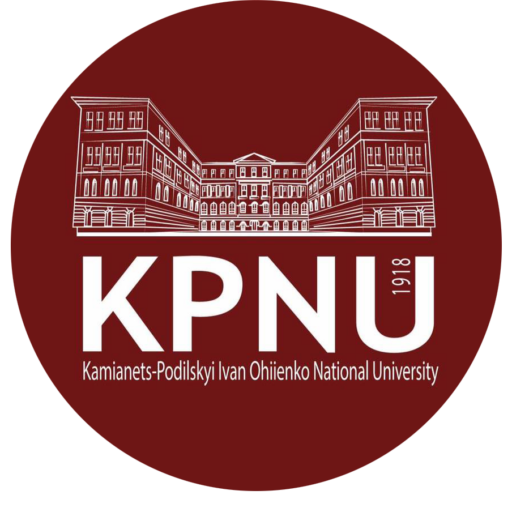Bohdana Kopytko
Vinnytsia Mykhailo Kotsiubynskyi State Pedagogical University
Scientific Supervisor: T.A.Dovhaliyk, PhD
THE ADVANTAGES OF USING ONLINE TECHNOLOGIES IN TEACHING FOREIGN LANGUAGE LEXICAL MATERIAL IN SENIOR CLASSES OF GENERAL SECONDARY EDUCATION INSTITUTIONS
Foreign language education is becoming more and more important in today’s globalized world. With the progress of technology, educators are using online tools and resources to help students learn a foreign language more efficiently. The use of online technologies in teaching foreign language lexical material has become more prevalent in senior classes of general secondary education institutions. This is due to the benefits that these technologies offer to both teachers and students. The purpose of this paper is to highlight the advantages of using digital resources in teaching foreign language lexical material.
First of all, digital tools can help increase motivation and engagement. Online technologies offer interactive activities such as quizzes, games, and videos that are more meaningful and visually appealing to students than traditional classroom materials. This enlarged motivation and engagement can help students maintain their focus and attention while learning a foreign language. That is why technology-enhanced learning can provide students with opportunities to engage in activities that increase their motivation and improve their language learning outcomes.
Furthermore, digital materials provide greater flexibility in terms of scheduling and pacing. Students can access the information at any time and work at their own pace, allowing them to review content as needed. [1] This flexibility is especially crucial for students with busy schedules, and those who require extra time to understand the material.
What is more, online technologies offer students a personalized learning experience. For example, students can choose the level of difficulty of quizzes or choose topics that interest them. This approach provides learners with a sense of ownership and control over their learning, which can increase their motivation and concern in the language learning process. Thus, personalized learning approaches are crucial to successful foreign language acquisition. [4]
Additionally, students can have more access to tools for language learning thanks to online platforms. This includes online dictionaries, language learning apps, and language exchange websites. These instruments bring considerable learning chances for students outside of the classroom, which can help to reinforce and expand their language skills. Consequently, access to online resources is an essential component of effective language learning. [3]
Also, online learning tools allow more efficient and effective assessment of student’s learning. For instance, online worksheets and tests can provide immediate feedback to students, offering them to see where they need to improve and adjust their learning accordingly. This feedback can also help teachers identify areas where students need additional support, and adjust their teaching strategies. In general, compared to conventional assessment techniques, online assessment tools can offer a more precise and dependable measurement of student learning. [2]
In conclusion, the use of online technologies in teaching foreign language lexical material has several advantages for senior classes of general secondary education institutions. These advantages include increased motivation and engagement, flexibility, personalization, increased access to resources, and immediate reliable assessment. These benefits make online technologies a valuable tool for foreign language educators, and they should be integrated into language teaching practices to improve student learning outcomes.
References
- Hubbard P. Language Learning with Technology: Ideas for Integrating Technology in the Classroom. Routledge: Cambridge University Press, 2019. 264
- Kern R. Technology as Pharmakon: The promise and perils of the internet for foreign language education. Vol. 98, No 1. P. 340-57.
- Shafiee , Saghafi M. The effect of computer-assisted language learning (CALL) on vocabulary learning of Iranian EFL learners. Procedia-Social and Behavioral Sciences. 2013. Vol. 70. P. 678-686.
- Stockwell, G. Using mobile phones for vocabulary activities: Examining the effect of the platform. Vol. 14, No 2. P. 95-110.
